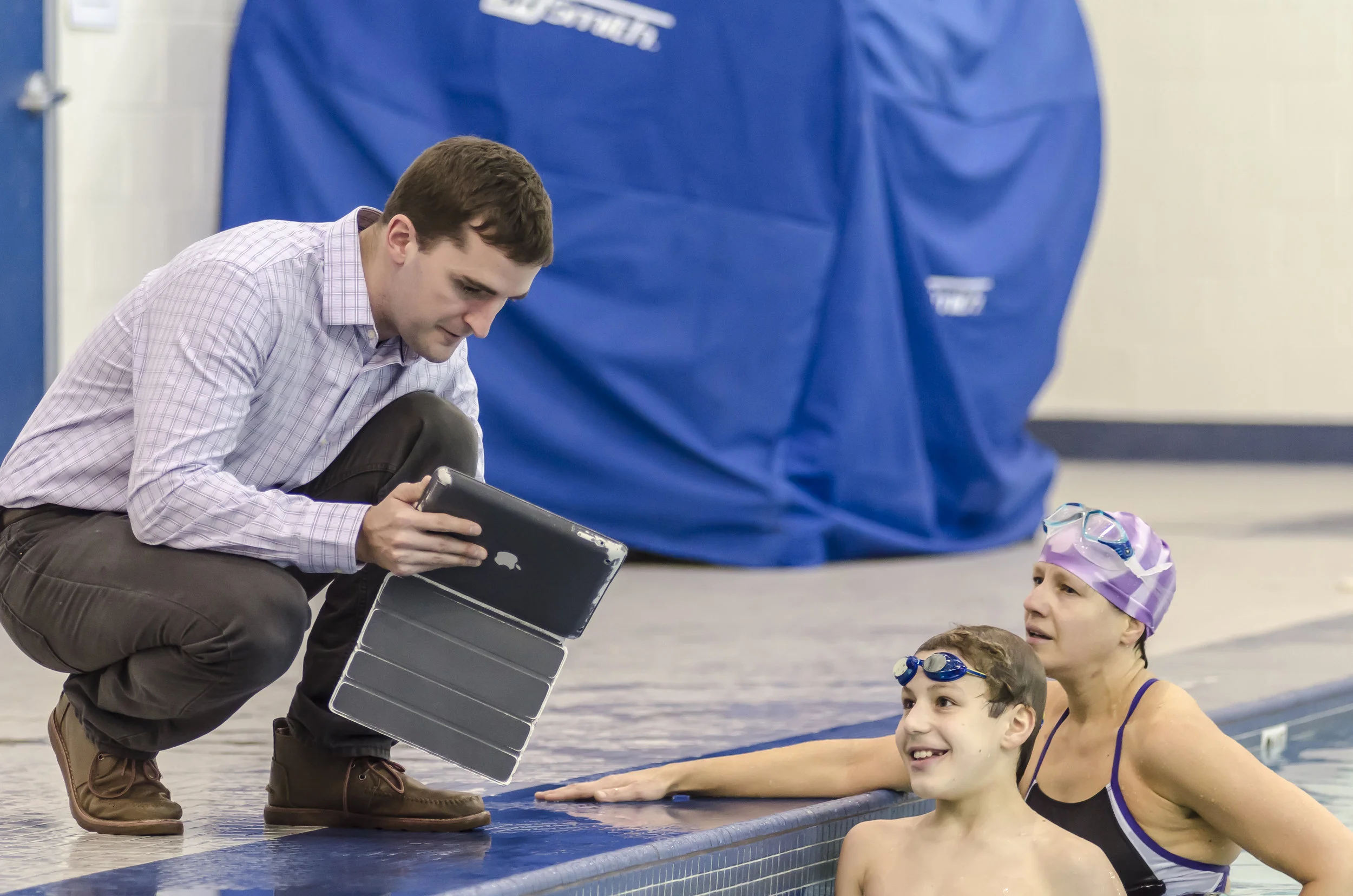Becoming a head coach is sort of like becoming a parent. All of the work you to up to that point doesn't really translate to the job that you suddenly have. Where once you could rest easy that someone else was steering the ship, you now lay awake at night either fretting about or actively navigating around icebergs.
Being a head coach is lonely, and most coaches don't get a lot of warning for that. Swim coaching can be a lonely profession overall, with a strange schedule compounding a weird tribalism. When you're coming up the ranks you often have the benefit of working on a "staff", so at least you have some peers to share the experience with.
Head coaches don't often have peers. All of a sudden, all the assistant coaches are going out for a beer after the meet without you. More than socially isolating, the challenge of continuing your coaching development when you become a head coach is the real nut to crack.
Swim coaching relies on an apprenticeship model. You learn from the coaches you work with. When you start out, you may have many other "peer" coaches as well as a coach above you. Head coaches have few peers, certainly rarely within their own team, certainly no daily teacher above them.
One possible solution is to work cooperatively with other head coaches in your area. Your results may vary- in many cases your peers at this level may fail to see the value in improving a competitor coach. Another solution is to attend clinics and talks, but these sort of one-off experiences don't provide the ongoing experiential learning so many coaches crave.
Hiring a coach consultant for continuing education is the best of both worlds. You get a peer, someone who can help you get better (and by that virtue make your whole team better) whose only vested interest is your improvement. You also get the consistency and continued support over a length of time to actually fully develop.
Are you coach feeling isolated that wants to up your coaching game? Write me for a free consulation.



